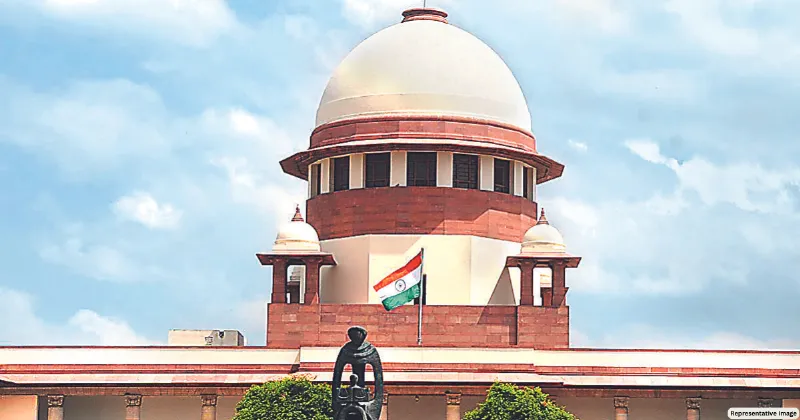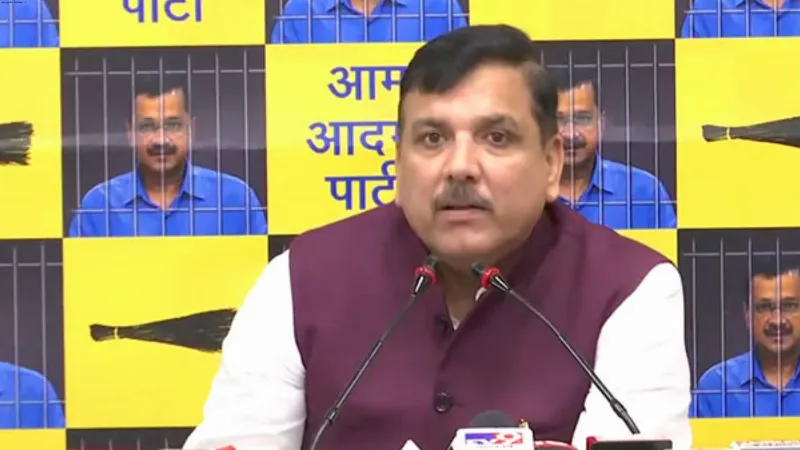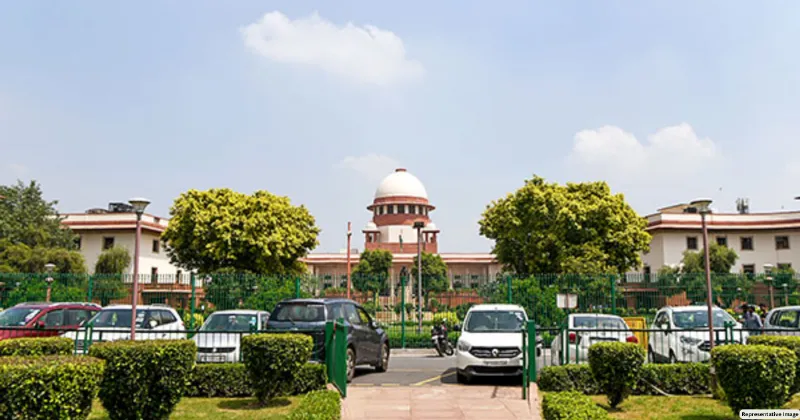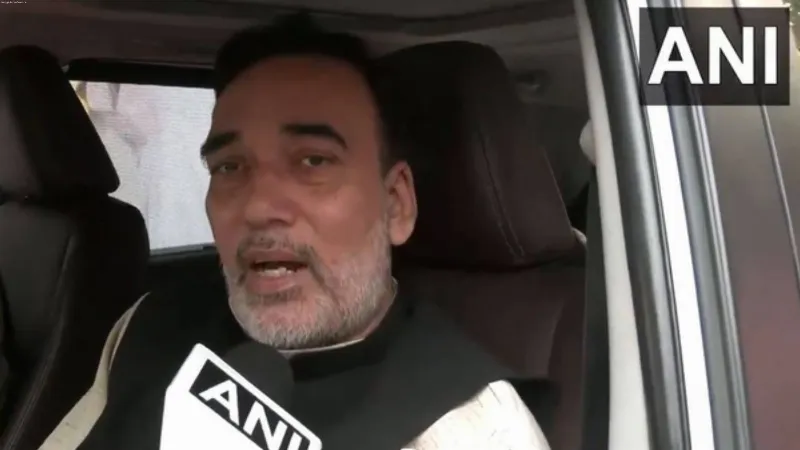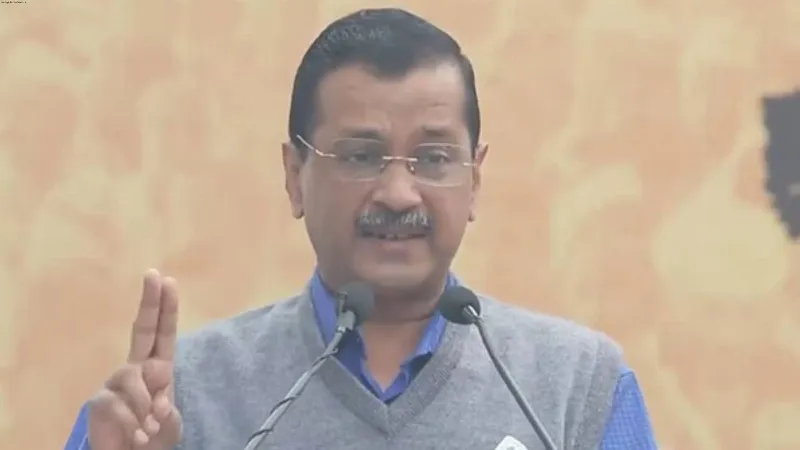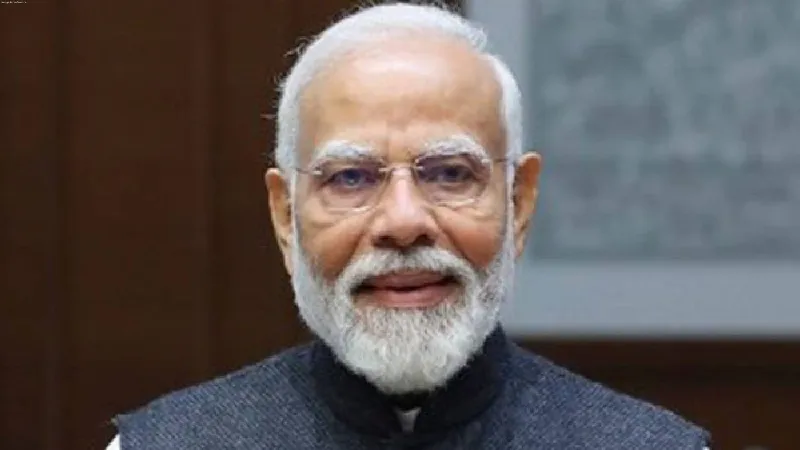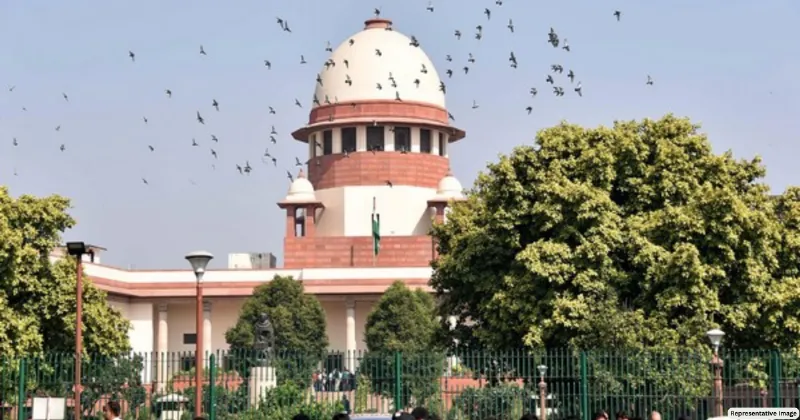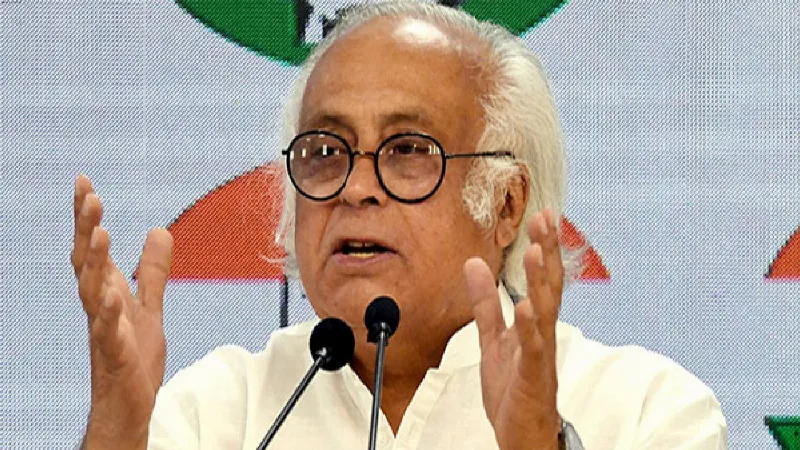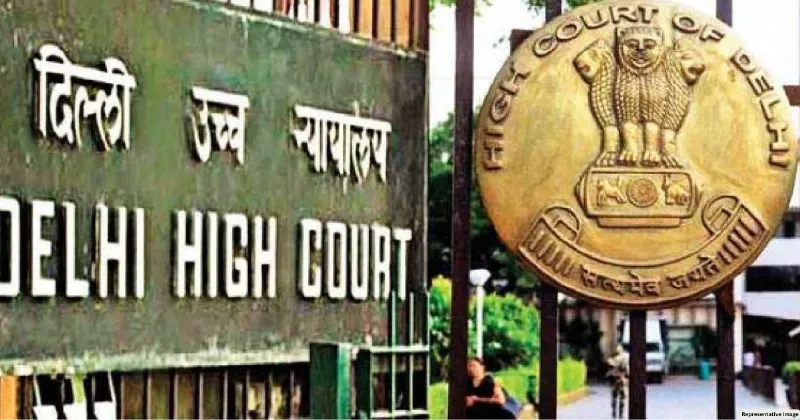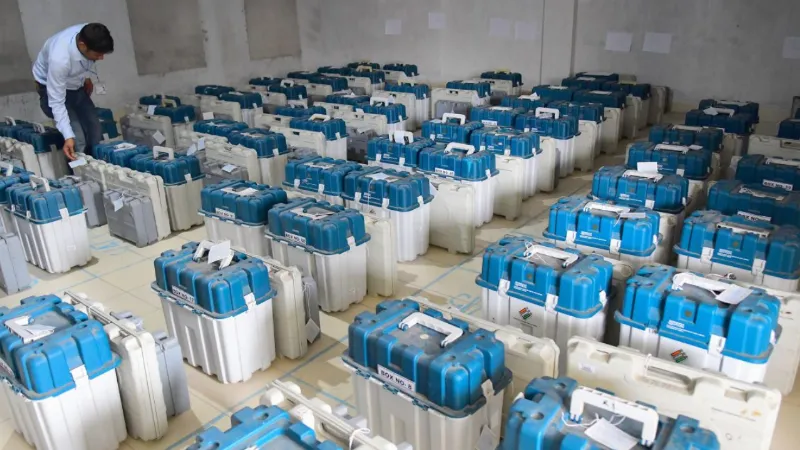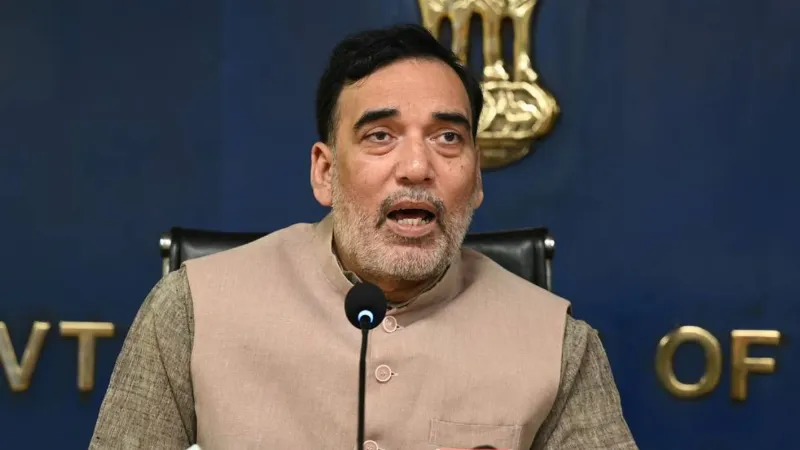Stay order in civil and criminal cases won't automatically lapse after 6 months: SC
.png)
New Delhi: The Supreme Court ruled on Thursday that a stay order granted in civil and criminal cases does not automatically lapse after six months and will remain in operation till the matter is decided unless it is specifically time-bound.
A five-judge constitution bench headed by Chief Justice of India, DY Chandrachud set aside the top court's 2018 decision. Besides CJI, justices Abhay Oka, JB Pardiwala, Pankaj Mithal, and Manoj Mishra were also on the bench.
As per the 2018 order, interim orders of stay granted by the High Courts and other courts in civil and criminal cases will automatically expire after a period of six months unless the orders are specifically extended.
Expressing a disagreement with the 2018 Asian resurfacing judgement, the court refused to issue any direction that all interim orders passed by High Courts will automatically expire on the lapse of time.
The top court said that constitutional courts should refrain from laying down time-bound schedules for cases pending before any other courts.
It further said that the issue of prioritising the disposal of cases should be best left to the concerned court where the cases are pending, and it should only pass direction laying down a time-bound schedule for cases only in exceptional circumstances.
The top court noted that the situation at the grassroots level is better known to the judges of the concerned court, therefore, the issue of giving out-of-term priority to certain cases should be best left to the concerned court.
The court had reserved its judgement in the matter for December 2023.



